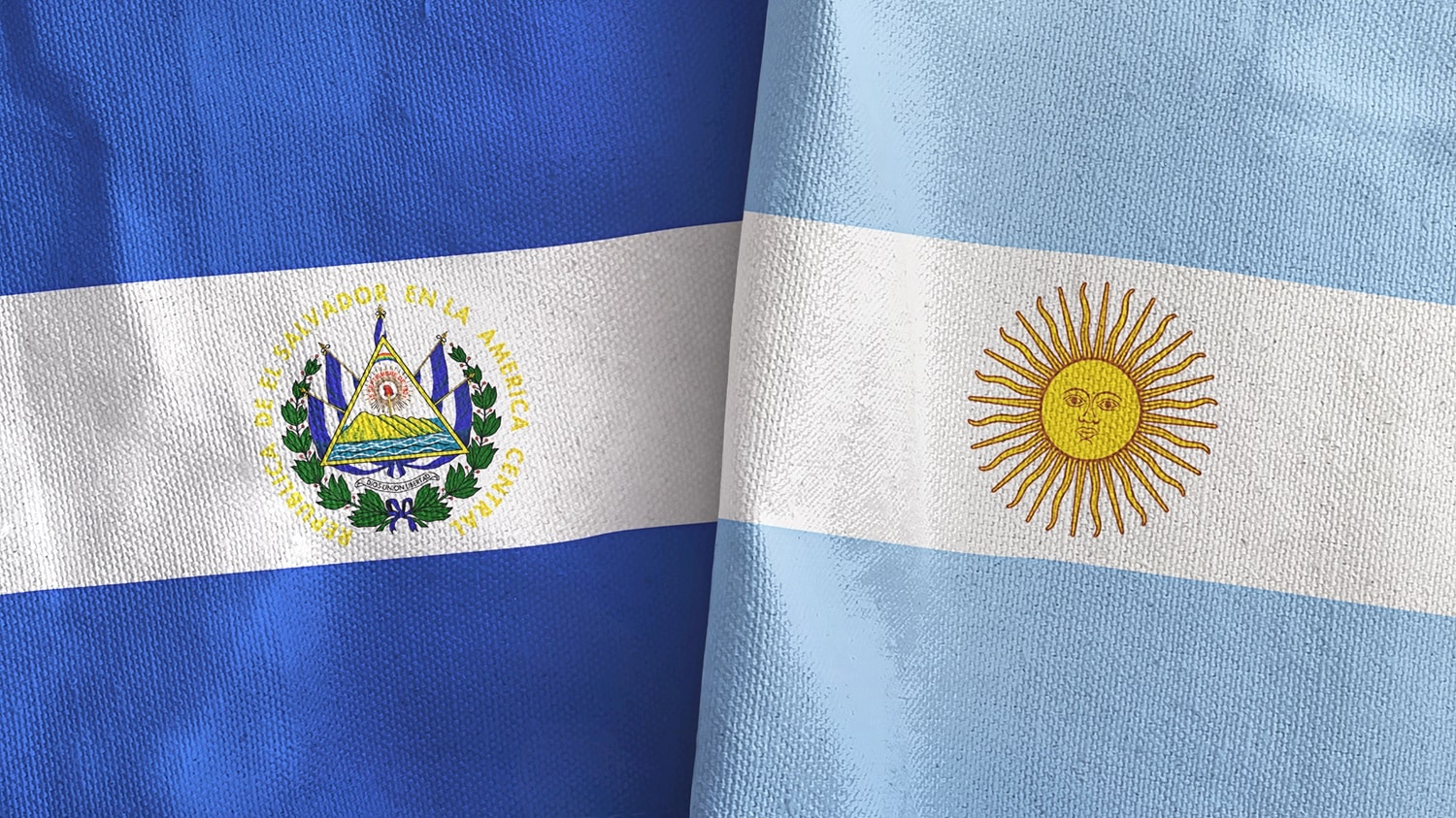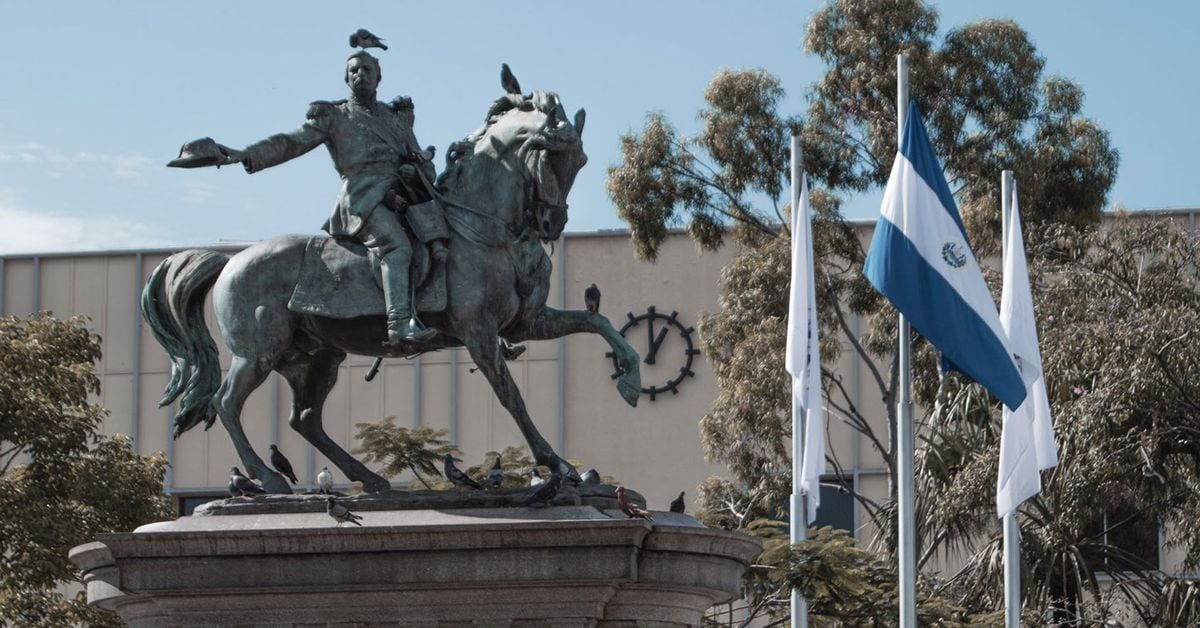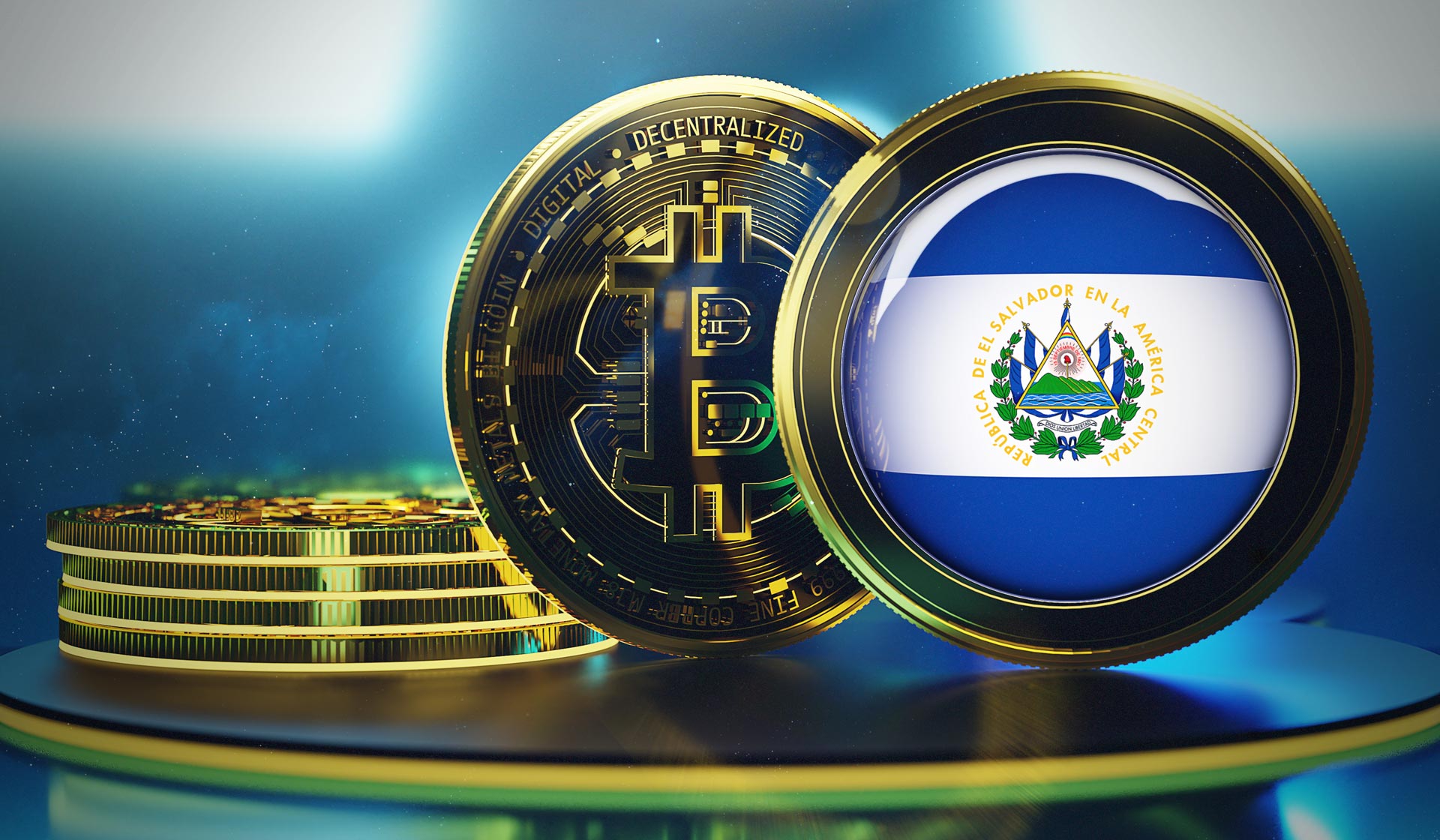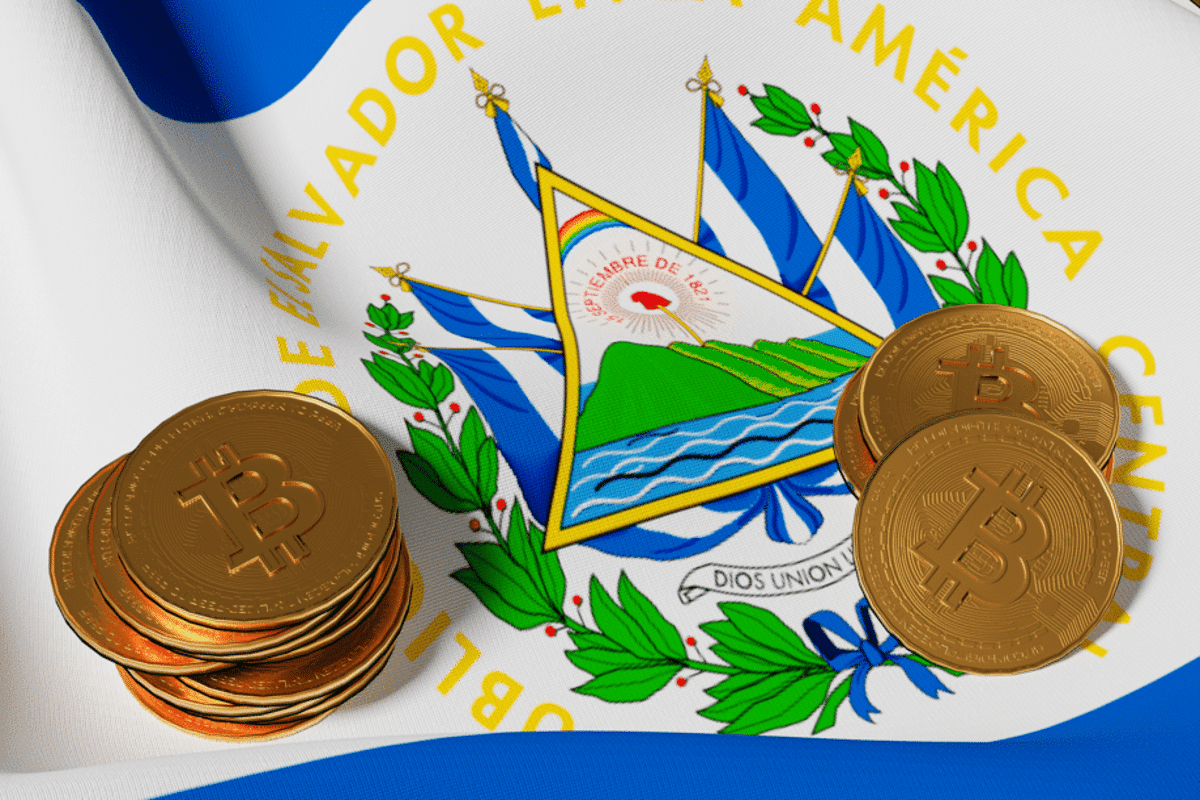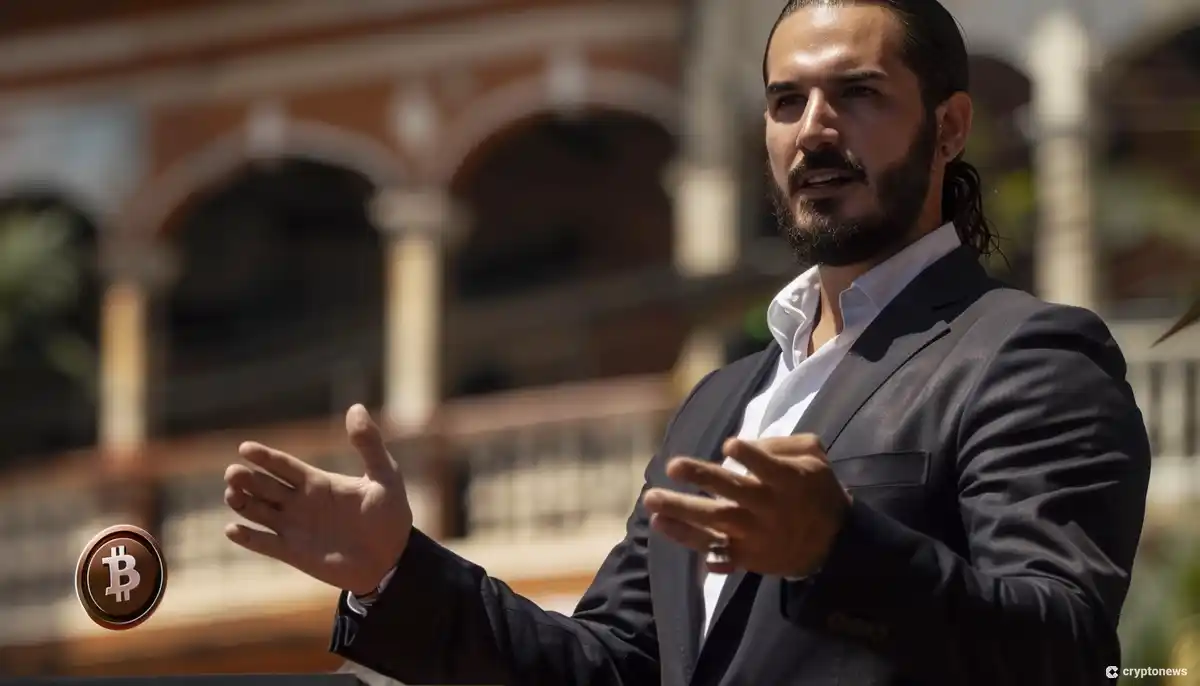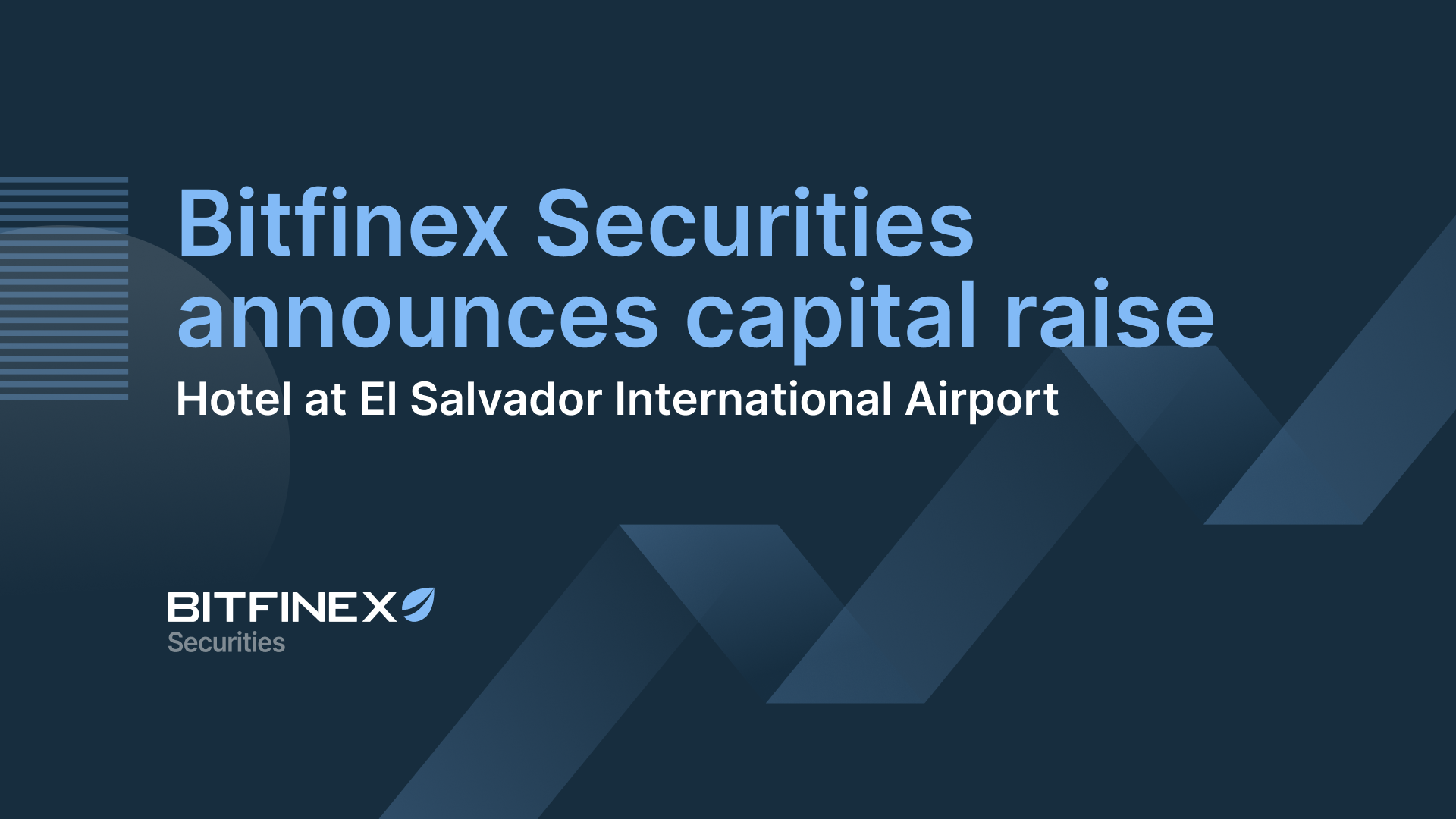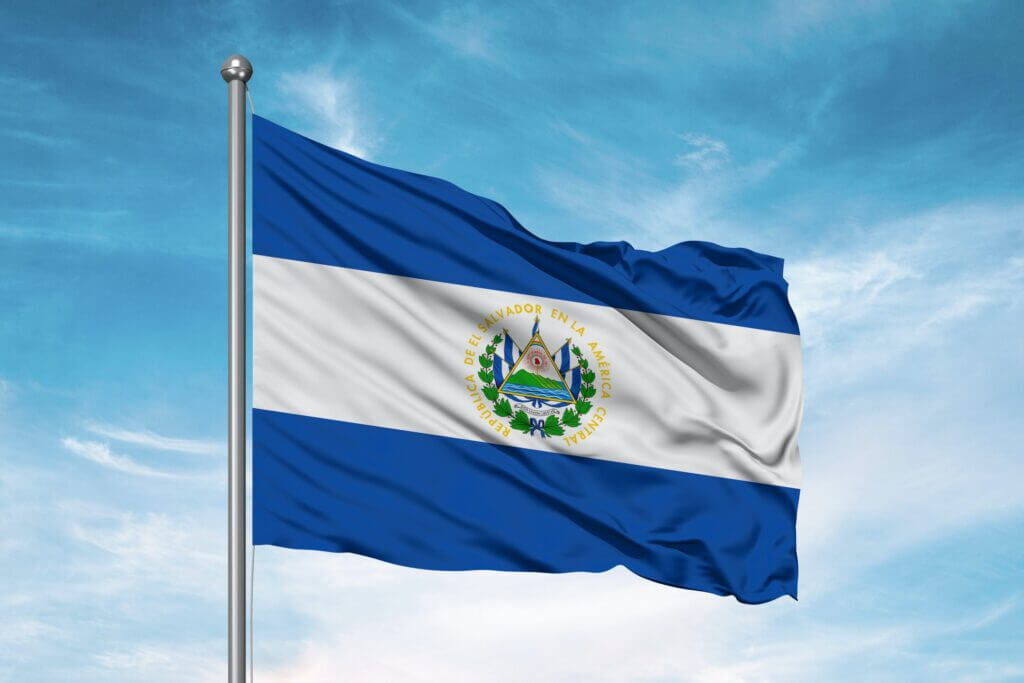- IMF staff and the El Salvadoran authorities have reached a staff-level agreement on a new arrangement under the IMF’s Extended Fund Facility (EFF) for about US$1.4 billion to support the government’s reform agenda. The agreement is subject to IMF Executive Board approval.
- The program aims to strengthen fiscal and external sustainability, through implementation of an ambitious and growth-friendly fiscal consolidation plan, as well as actions to enhance reserve buffers.
- Early efforts to improve governance, transparency, and resilience will be essential to boost confidence and the country’s growth potential, against the backdrop of strong security improvements.
- Meanwhile, Bitcoin-related risks are being mitigated. Acceptance of Bitcoin by the private sector will be voluntary and public sector’s participation in Bitcoin-related activities will be confined.
Washington, DC: An International Monetary Fund (IMF) staff team led by Luis Cubeddu, Deputy Director of the Western Hemisphere Department, and Raphael Espinoza, Mission Chief for El Salvador, held discussions in San Salvador from December 5-14, 2024. Upon conclusion of these discussions, Mr. Cubeddu and Mr. Espinoza issued the following statement:
``The Salvadoran authorities and a staff team from the IMF have reached staff-level agreement on a 40-month extended arrangement under the
Extended Fund Facility (EFF) for about US$ 1.4 billion (equivalent SDR 1,033.9 million, or 360 percent of quota) to address balance of payment needs and support the government’s economic reforms. The agreement is subject to approval by the IMF’s Executive Board, and contingent on the implementation of the agreed prior actions.
“The program is also expected to catalyze additional financial support from the World Bank, the Inter-American Development Bank, and other regional development banks (Central American Bank for Economic Integration, CABEI, Development Bank of Latin America and the Caribbean, CAF) for a combined overall financing package of over US$ 3.5 billion over the program period.
“The Salvadoran economy has steadily expanded since the pandemic, on the back of robust remittances and a remarkable pick-up in tourism, and amid an improved security situation, with climate shocks having only temporary negative effects. Meanwhile, the current account deficit has continued to narrow, and inflation has fallen further – supported also by lower global commodity prices. The fiscal situation continues to improve very gradually, and recent liability management operations have substantially lowered near-term financing needs, in the context of sharply lower sovereign spreads.
“Building on this progress, and recognizing El Salvador’s pending macroeconomic and structural challenges, the IMF-supported program aims to strengthen fiscal and external stability and help create the conditions for stronger and more inclusive growth.
“Key Elements of the program are:
- Fiscal policy. The program is anchored on improving the underlying primary balance by around 3½ percent of GDP over 3 years, to put the ratio of public debt to GDP on a firm downward path after peaking at 85 percent of GDP in 2024. High quality measures, worth 1½ percent of GDP in 2025, already included in the approved budget, will reduce the wage bill, spending on goods and services, and transfers to municipalities. To ensure fiscal sustainability and a further reduction in borrowing costs, reform efforts will center on strengthening the efficiency of the civil service, the viability of the pension system, and revenue mobilization. Fiscal consolidation will be conducted in a manner that strengthens support for the most vulnerable and protects priority public investment.
- Transparency, governance, and resilience. Fiscal transparency is set to be substantially strengthened, starting with early efforts to enhance the fiscal responsibility framework, and to improve the reporting of debt, pension costs, state-owned enterprises ownership, procurement contracts, and beneficiary ownership. Early reforms will also focus on establishing a strong anti-corruption framework and improving the Anti-Money Laundering and Counter-Financial Terrorism (AML/CFT) arrangements in line with international best practices. To boost the business climate and overall resilience, efforts will continue to cut red tape, modernize infrastructure, and implement a climate adaptation strategy with support from development partners.
- Reserves. Fiscal and financial sector buffers will be enhanced, including through an early strengthening of the banks’ liquidity framework that is also supportive of continued private sector credit growth. Banks’ required liquidity buffers, currently at 11.5 percent of deposits, will gradually reach 15 percent by end-June 2026. Fund financing will support the central bank’s gross reserves, thereby strengthening its capacity to address shocks. Reforms will continue to align bank regulations with Basel III standards on risk-based supervision.
- Digital assets. The potential risks of the Bitcoin project will be diminished significantly in line with Fund policies. Legal reforms will make acceptance of Bitcoin by the private sector voluntary. For the public sector, engagement in Bitcoin-related economic activities and transactions in and purchases of Bitcoin will be confined. Taxes will only be paid in U.S. dollars and the government’s participation in the crypto e-wallet (Chivo) will be gradually unwound. Transparency, regulation, and supervision of digital assets will be enhanced to safeguard financial stability, consumer and investor protection, and financial integrity.
“IMF staff thank the Salvadorean authorities for the excellent collaboration and candid dialogue over the past months in the development of their economic reform program aimed at continuing to improve the prosperity of El Salvador and all of its people. The IMF Board is expected to consider this program for approval by early-February once the agreed prior actions have been implemented.”

